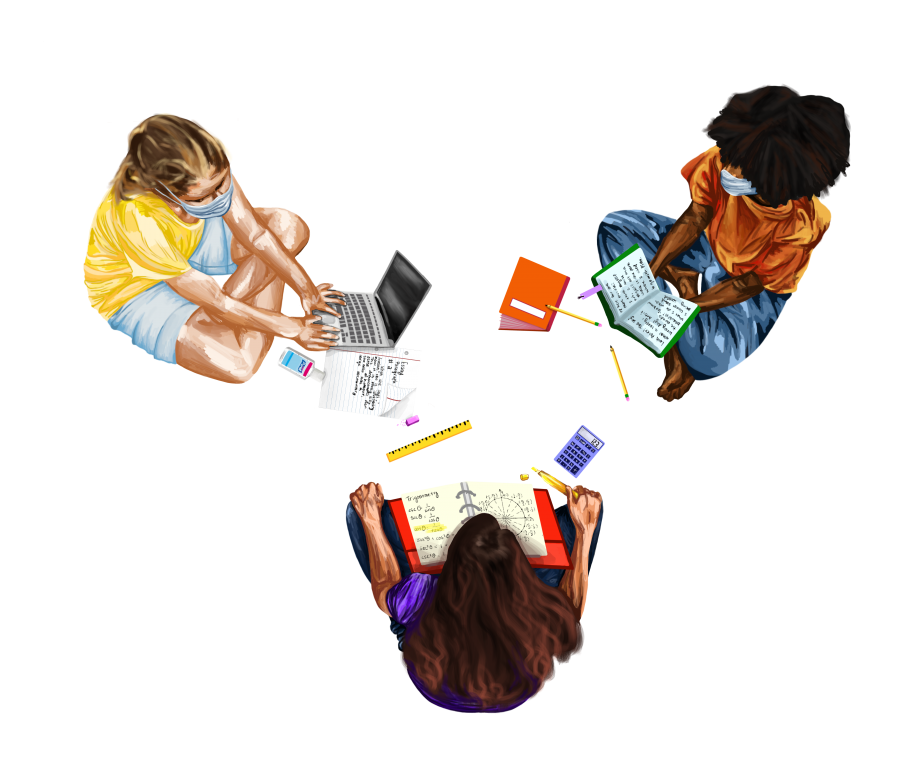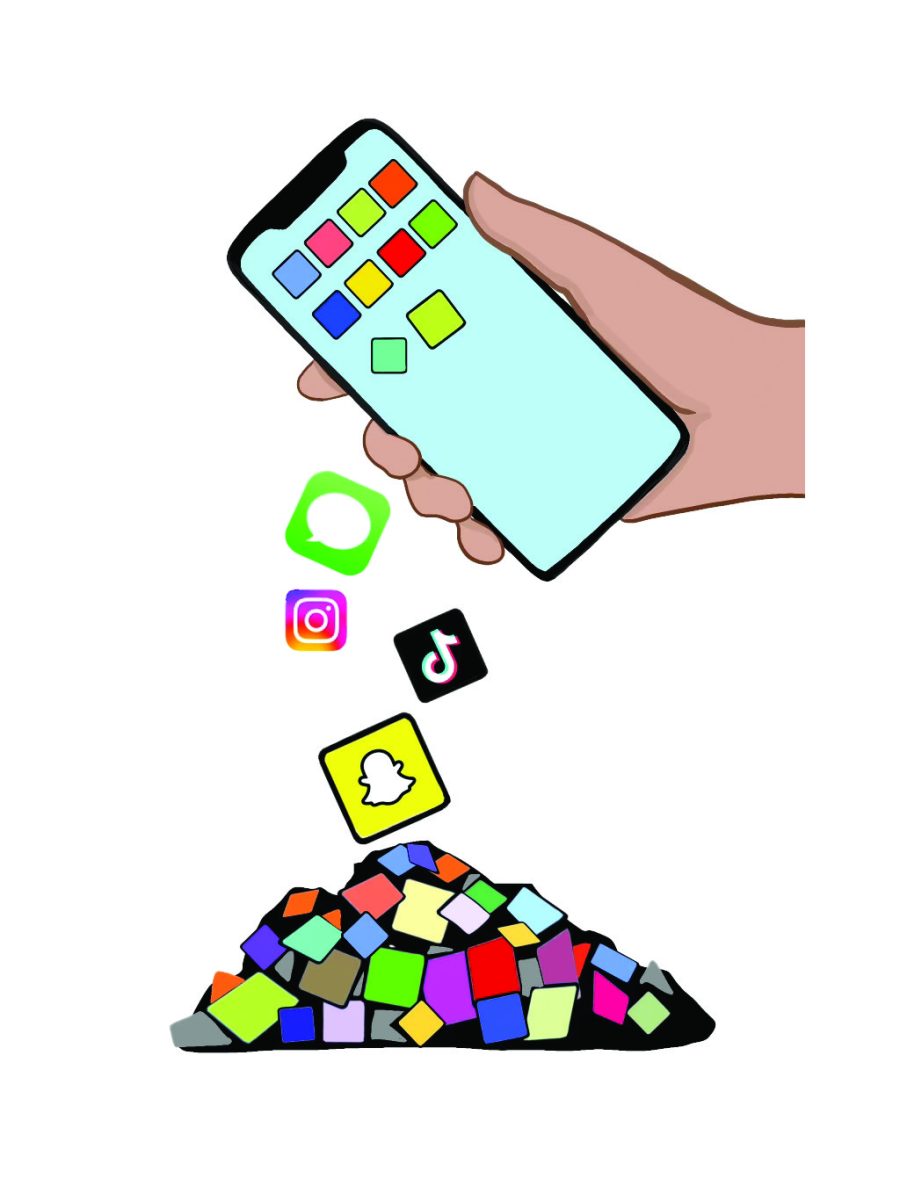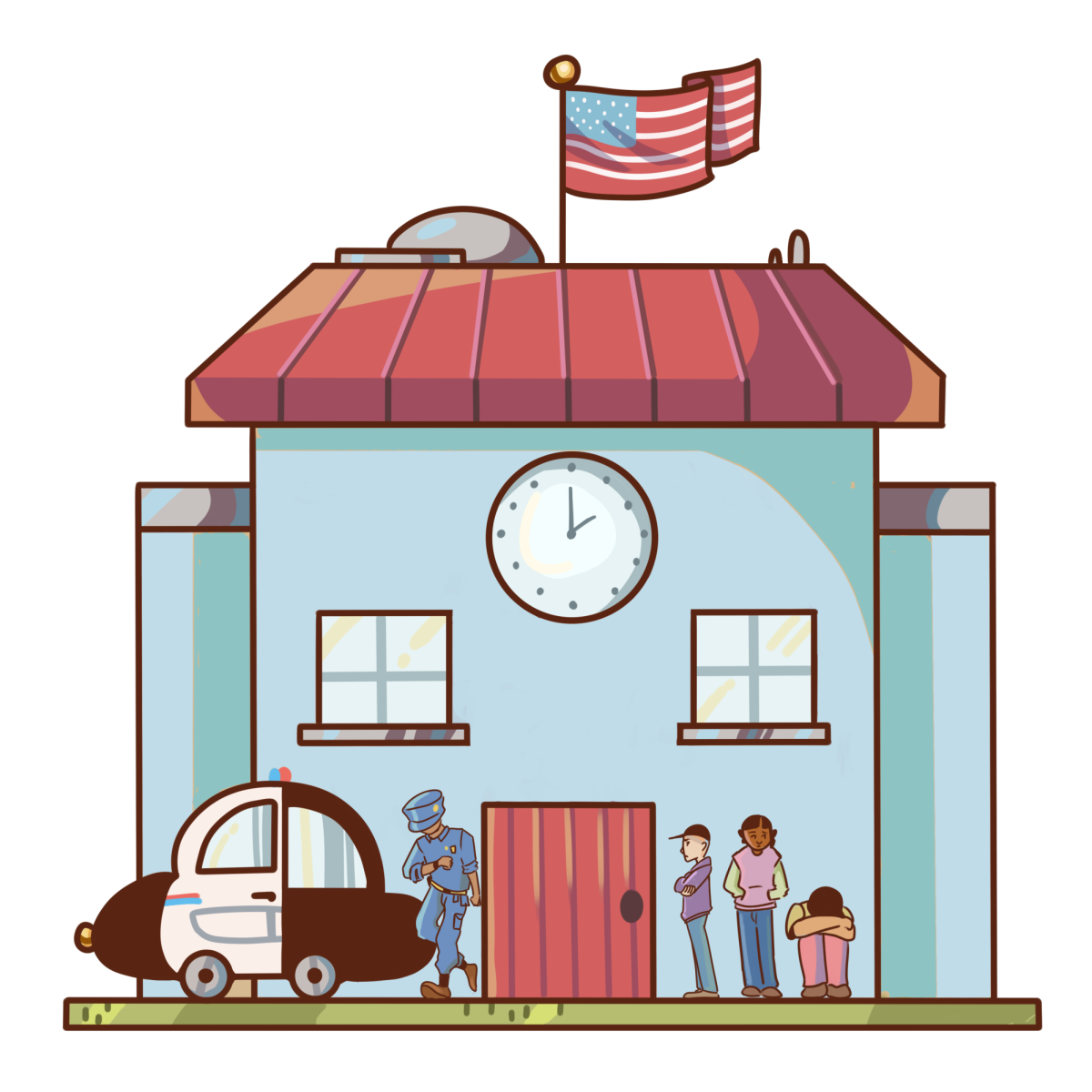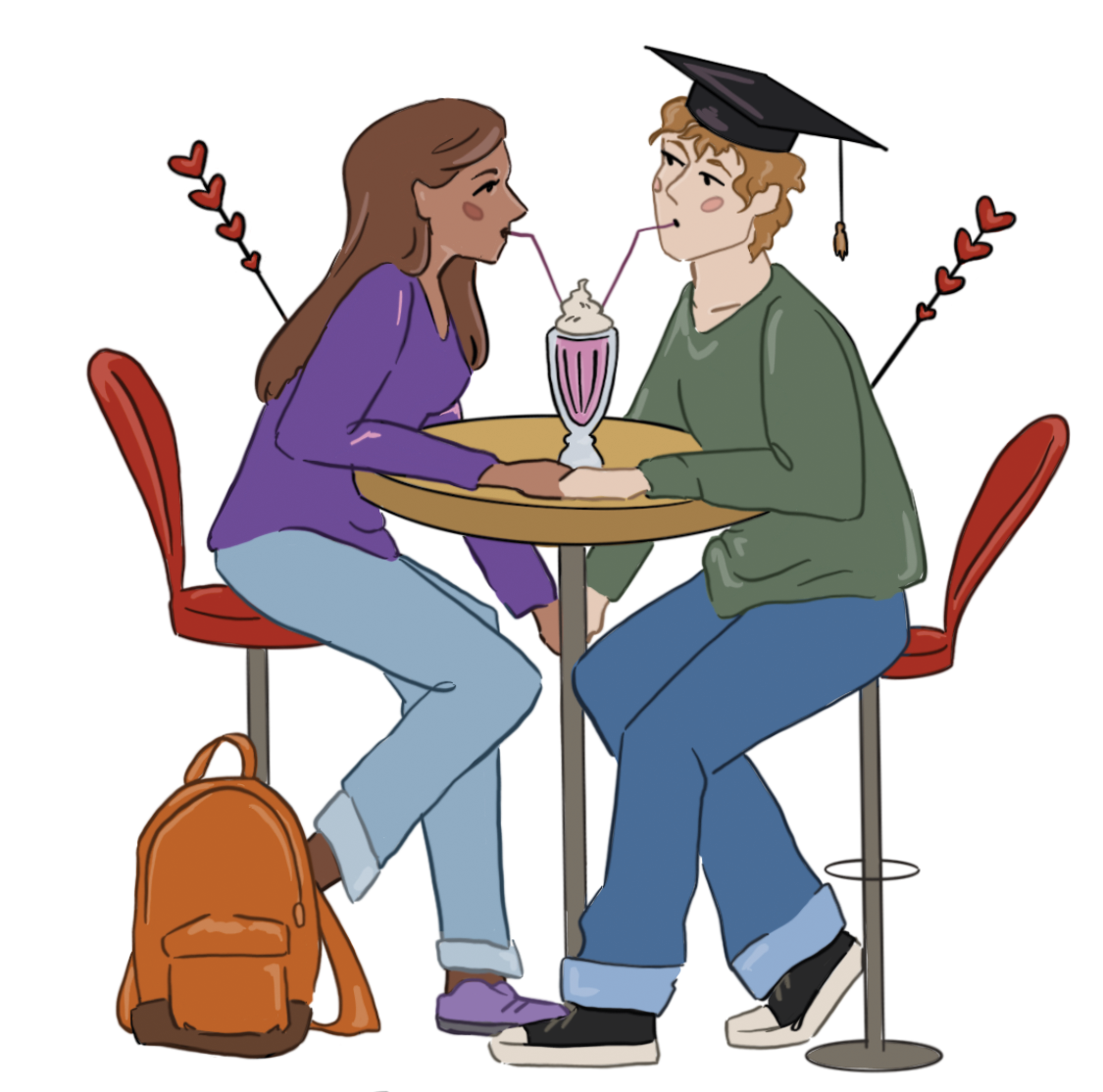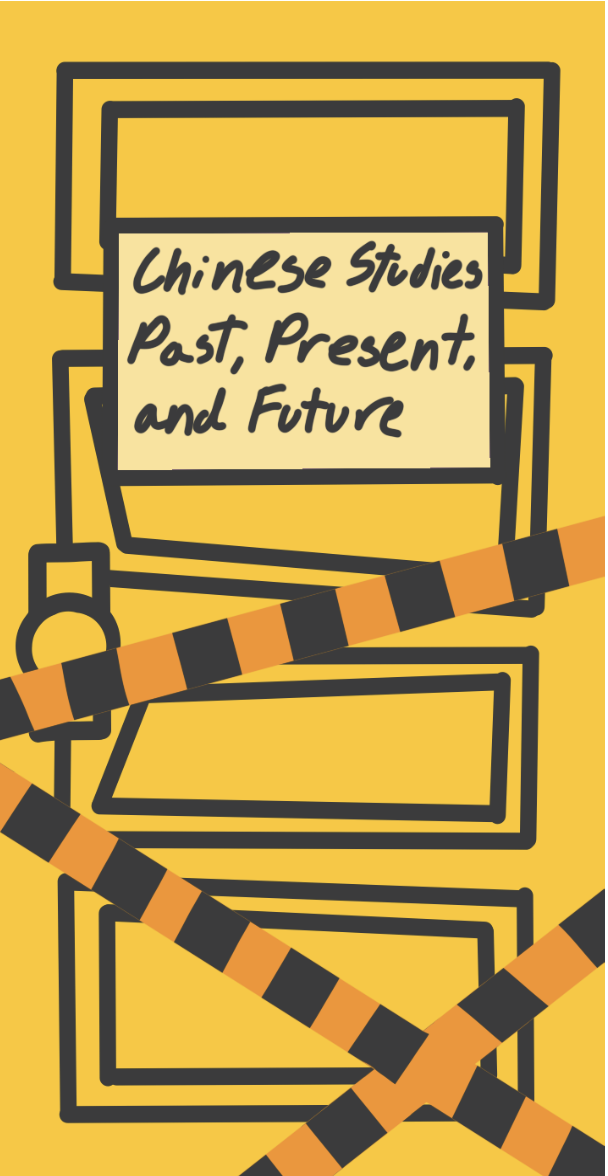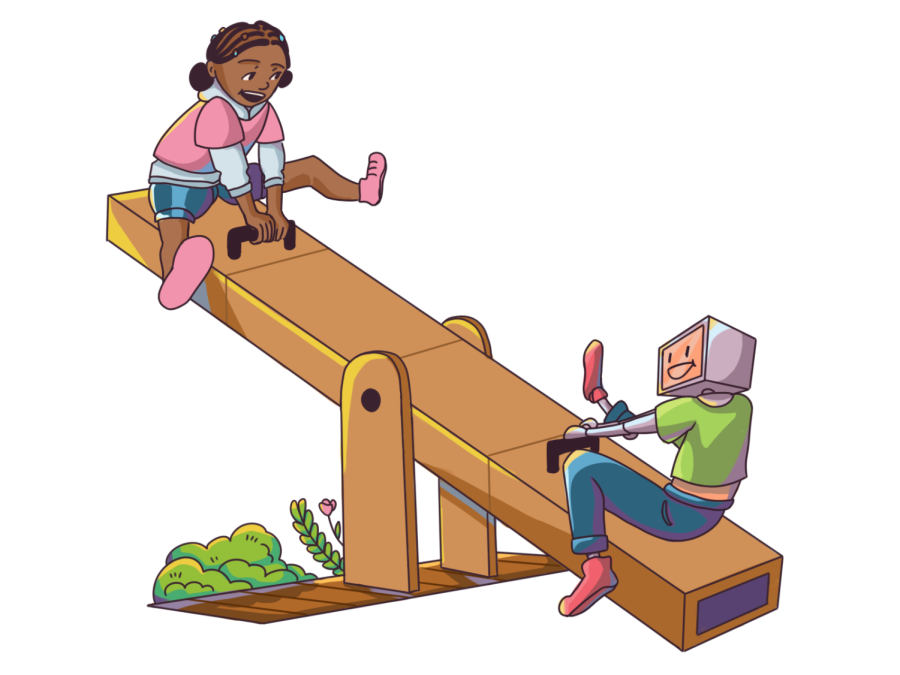In mid-July, California Gov. Gavin Newsom announced the state’s
requirement for reopening educational institutions: the school’s county must be taken off the state’s “Monitoring List” for 14 consecutive days in order to reopen for in-person instruction. Given the rapid increase in COVID-19 cases throughout the summer, many California public and private schools were forced to reverse plans to return to campus in the fall.
Ally White ’22 said her family underestimated how long virtual school would last and responded to the initial switch to online learning with distress.
“My entire family thought it was going to be over in two weeks,” White said. “It wasn’t. Now here we are. My siblings and I likely won’t even go back for at least the entire first semester.”
Newsom’s announcement was met with concerns from parents, who feared that remote schooling would hurt their students academically and socially. According to NYMetroParents, many parents are struggling mentally with their children quarantined at home.
While the majority of California public and private schools will only offer remote learning this fall, many anxious parents are now looking at supplemental or alternative educational options for their children including learning pods. Learning pods, which are also called quaranteams, micro-schools or pandemic pods, are small privately curated groups of no more than 10 students engaging in in-person learning under the pedagogy of parents or employed tutors.
While Avi Carson ’22 is starting school virtually, his nine-year-old brother will participate in a learning pod. Carson said he hopes to return to in-person learning, as he misses his peers and teachers. Although he has been keeping up socially through regular FaceTime calls with his friends, Carson said it is not the same as the in-person interaction his brother will have with his classmates.
“[My brother’s] closest friends are in his learning pod, so he’s not too frustrated about it,” Carson said. “He would obviously rather be in a regular school setting, but he’s looking forward to it. I’d be happy to [study in a learning pod] if that were the only way to get back on campus.”
Following Newsom’s order, remote learning alternatives began flooding news and social media feeds targeting parents. In July, Selected, an app that connects schools with teachers looking for employment, launched “Selected for Families” in order to aid families in organizing learning pods. Co-founder of Selected Waine Tam said demand has been high.
“We serve [primarily lower-income schools] on one hand and on the other hand, high-income families also seeking teachers,” Tam said.
According to Redtri, learning pods typically cost a minimum of $500 a week—an amount unrealistic for most working families. . To accommodate a learning pod, parents must have a relatively private space with little distractions , high-speed internet access and accessible facilities. The revamped homeschooling system is not an option for most families, and critics expressed concern that the pod model will exacerbate the academic divide among students.
Latin American Hispanic Student Organization (LAHSO) leader Penny Juarez ’21 said she feels that pods are unfair.
“For low-income families, it’s hard to move onto online school because these families don’t have Wi-Fi or access to computers,” Juarez said. “It’s a privilege that one would have the luxury of [in-person learning].”
From the Operation Varsity Blues scandal to the Black Lives Matter movement, people are now questioning the status quo and examining themes of equality, especially within education.
“The pandemic has highlighted the inequalities in education: inconsistent quality of remote learning among schools, the [lack of] financial resources to supplement or replace remote learning and the possibility that private schools will return, while public schools remain online-only,” White said. “With the [Black Lives Matter] movement and the college scandal, inequities are becoming more transparent.”
Tam said he agrees with the criticism that learning pods are not equitable and argues that the best solution would be public subsidies, which would cover teachers’ salaries.
“What does this country value?” Tam asked. “All the way from early childhood, there’s little to no support for low-income families as it relates nationally for childcare. It’s a systematic issue.”
With students increasingly withdrawing from virtual education in favor of learning pods, some pod parents argue their departure leaves more resources for the remaining students. Sociologist and educational inequality researcher Jessica Calarco found that that is not the case with public school, as in most states, school budgets are reduced by every student that leaves. California is one of those states. According to EdSource, as average daily attendance declines, LAUSD schools lose funds from the state.
Director of Diversity, Equity and Inclusion, Janine Jones, said that learning pods are inequitable.
“There are huge equity issues with that because we think about socioeconomics and the ability of some families to pay a tutor,” Jones said. “Is that widening the gap? On an income level? On a wealth level? Absolutely. That’s very concerning.”
In light of Newsom’s order, many Southern California independent schools are seeking waivers to return to some form of in-person learning even as their neighboring public schools remain virtual .
“We have the resources and have the plan to be able to distance,” Jones said. “Does that make it fair? No. There are considerations at play where I’m not saying that [independent schools] shouldn’t [open]. I’m saying, ‘Let’s not pretend this can be done in an equitable fashion.'”
White said she feels that economic standing should not affect which students get to return to in-person learning.
“As someone who went to public school, I’ve encountered a variety of people from a range of economic backgrounds,” White said. “I dislike how economic privilege and privilege in general can influence which children get a good education and which don’t.”



































